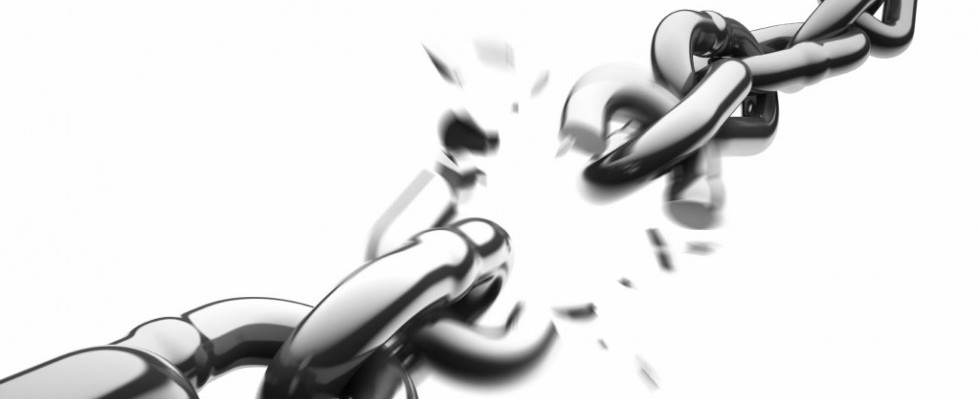
Expungements
What is PC 1203.4?
Penal code 1203.4 provides a process for cleaning up your criminal record. If a successful 1203.4 motion is granted your criminal record will show that the case was dismissed against you. At that point you will be able to truthfully answer that you do not have any prior convictions.
Penal code 1203.4:
(a)In any case in which a defendant has fulfilled the conditions of probation for the entire period of probation, or has been discharged prior to the termination of the period of probation, or in any other case in which a court, in its discretion and the interests of justice, determines that a defendant should be granted the relief available under this section, the defendant shall, at any time after the termination of the period of probation, if he or she is not then serving a sentence for any offense, on probation for any offense, or charged with the commission of any offense, be permitted by the court to withdraw his or her plea of guilty or plea of nolo contendere and enter a plea of not guilty; or, if he or she has been convicted after a plea of not guilty, the court shall set aside the verdict of guilty; and, in either case, the court shall thereupon dismiss the accusations or information against the defendant and except as noted below, he or she shall thereafter be released from all penalties and disabilities resulting from the offense of which he or she has been convicted, except as provided in Section 13555 of the Vehicle Code. The probationer shall be informed, in his or her probation papers, of this right and privilege and his or her right, if any, to petition for a certificate of rehabilitation and pardon. The probationer may make the application and change of plea in person or by attorney, or by the probation officer authorized in writing. However, in any subsequent prosecution of the defendant for any other offense, the prior conviction may be pleaded and proved and shall have the same effect as if probation had not been granted or the accusation or information dismissed. The order shall state, and the probationer shall be informed, that the order does not relieve him or her of the obligation to disclose the conviction in response to any direct question contained in any questionnaire or application for public office, for licensure by any state or local agency, or for contracting with the California State Lottery.
Dismissal of an accusation or information pursuant to this section does not permit a person to own, possess, or have in his or her custody or control any firearm or prevent his or her conviction under Section 12021.
Dismissal of an accusation or information underlying a conviction pursuant to this section does not permit a person prohibited from holding public office as a result of that conviction to hold public office.
What is PC 17(b)?
Penal code 17(b) provides a legal mechanism for people who were convicted of “wobbler” felony (a felony that the prosecutor has the legal discretion to charge as a misdemeanor or felony) to have their charges reduced to a misdemeanor after judgement and sentencing. One of the main advantages to a 17(b) motion is that the person is no longer a “convicted felon” and it is possibly an effective way in getting your firearm rights restored.
Penal code 17(b)
(b) When a crime is punishable, in the discretion of the court, either by imprisonment in the state prison or imprisonment in a county jail under the provisions of subdivision (h) of Section 1170, or by fine or imprisonment in the county jail, it is a misdemeanor for all purposes under the following circumstances: (1) After a judgment imposing a punishment other than imprisonment in the state prison or imprisonment in a county jail under the provisions of subdivision (h) of Section 1170. (2) When the court, upon committing the defendant to the Division of Juvenile Justice, designates the offense to be a misdemeanor. (3) When the court grants probation to a defendant without imposition of sentence and at the time of granting probation, or on application of the defendant or probation officer thereafter, the court declares the offense to be a misdemeanor. (4) When the prosecuting attorney files in a court having jurisdiction over misdemeanor offenses a complaint specifying that the offense is a misdemeanor, unless the defendant at the time of his or her arraignment or plea objects to the offense being made a misdemeanor, in which event the complaint shall be amended to charge the felony and the case shall proceed on the felony complaint. (5) When, at or before the preliminary examination or prior to filing an order pursuant to Section 872, the magistrate determines that the offense is a misdemeanor, in which event the case shall proceed as if the defendant had been arraigned on a misdemeanor complaint.
